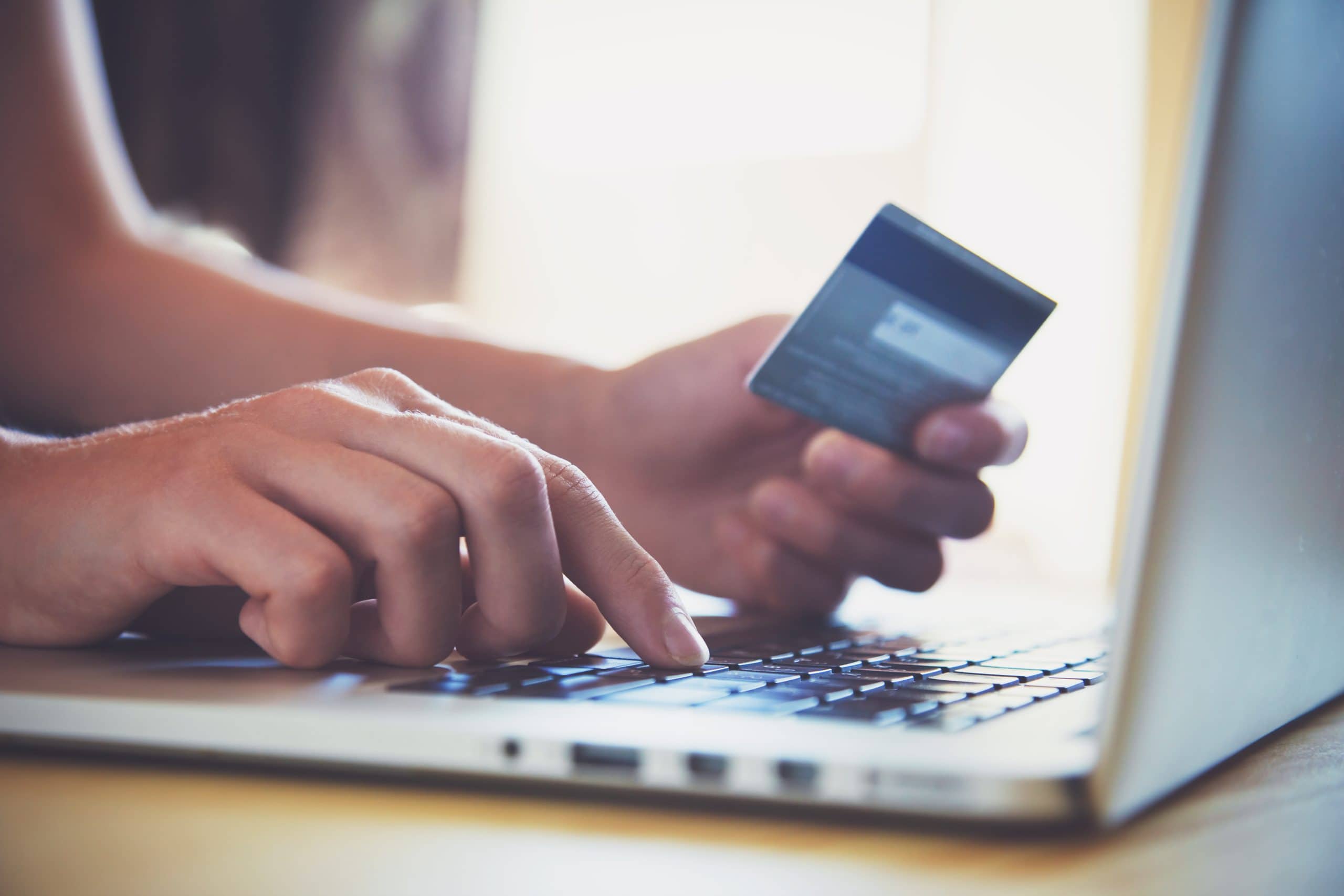6 Cyber Security Shopping Tips
As the holidays approach, so do the gift deadlines. As everyone scrambles to their favorite shopping websites for the holidays, people often favor the convenience of saving their cards to their computers or getting their favorite products from unrelaible sites. When everyone is rushing to get their gifts in time, cyber security unfortunately takes a back seat. However, there are ways to shop safely this holiday season without sacrificing your cyber security.
1) Use secure websites with “https”
It’s important to look for “https” at the beginning of a website URL. The extra “s” stands for “secure” as compared to http, and means your personal and financial information is encrypted when it is transmitted to the company. Secure sites also include a lock icon to indicate your data is protected. Never provide credit card or other personal information on websites that are not secure.
2) Don’t save your information
Many websites prompt users to create an account and save credit card information for future purchases. While this may be tempting—especially if you regularly shop on the site—saving your personal or financial information puts you at risk if the company’s data is breached. Re-entering your information with each purchase will help keep your data secure.
3) Shop with companies you know and trust
Cybercriminals often set up fake websites to obtain your credit card and other personal information. Play it safe and stick with websites you know. If you need to shop on an unfamiliar site, check for a physical address and other details, such as the company’s contact information, before purchasing anything. Remember, if an unfamiliar website is offering a deal that seems too good to be true, it probably is.
4) Credit cards are reccomended over debit cards
Credit cards offer a level of protection from identity theft that debit cards do not. The laws pertaining to fraudulent use of your credit card limit your personal liability to $50, and most major credit card companies won’t charge you for fraudulent use. If a cybercriminal gets ahold of your debit card information, they can quickly clean out your bank account, and recovering your money can be a long and difficult process.
5) Keep your security software updated
Keep your security software updated on your computer. Anti-virus software will help detect and remove viruses that can steal your personal information. If you’re shopping using a mobile device, make sure it is updated with the latest operating system.
6) Shop on secure internet
While public Wi-Fi may be convenient, it’s not the most secure. Public Wi-Fi networks are at greater risk of being hacked than secure Wi-Fi networks, such as one you may have at home. Never provide personal or financial information on a public network.
HOW SECURE HALO CAN HELP.
Security Training and Awareness
At Secure Halo, we offer security training and awareness for your team to help raise awareness about cyber security in order to protect both your employees and your company. If you would like to read more about the services we offer, click here




